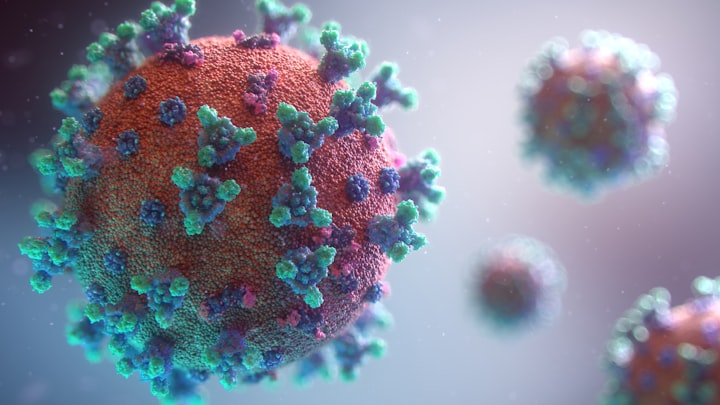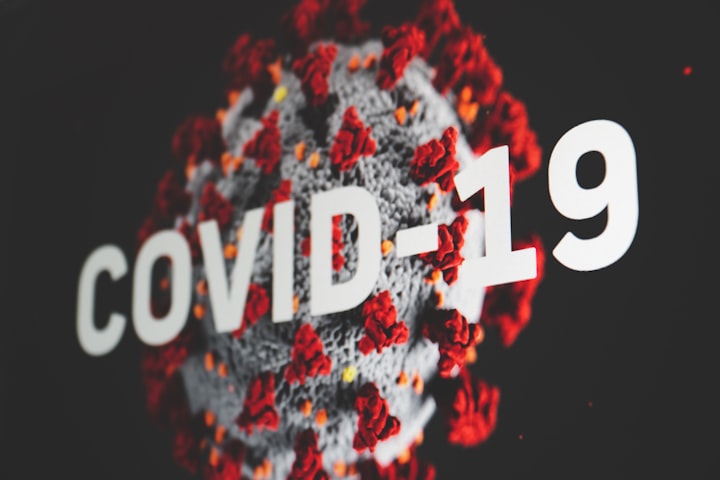
The high mortality rate of COVID in South Africa is associated with beta C.1.2. Most of the confirmed cases of this nature originate in southern Africa. However, the level of omicron variation worldwide is still unclear as countries receive new cases of the disease every day. Omicron is not yet available in the United States, although experts predict cases.
New York City Health Commissioner Dave A. Chokshi, MD, wrote on Twitter on Monday that delta variants accounted for about 98 percent of the city's successive samples. We thank the South African government and its scientists for speaking freely with the international scientific community and continuing to share information about this election with the US Department of Health and Human Services and the CDC.
Based on the evidence provided for the dangerous changes in the COVID-19 epidemic, TAG-VE recommends that WHO designate this option as VOC, and that WHO has designated B.1.1.529 as VOC called Omicron. On 26 November 2021, the World Health Organization (WHO) classified the new option B.1.1.529 as an option of interest and renamed it Omicron. The organization said the change, known as Omicron, was first confirmed on samples collected in South Africa on November 9 and reported for the first time to WHO on Wednesday. The new version of Omicron was developed by SARS-CoV-2 Virus Evolution Technical Advisory Group (TAG-VE), an independent expert team that regularly monitors and evaluates the emergence of SARS-CoV-2 and evaluates specific changes and combinations. changed the behavior of the virus on November 26, 2021.
This variation has a large number of genetic mutations, one of which is worrying. This variation has a large number of genetic mutations, one of which is worrying. There are many variations of this variation, some of which are disturbing. Preliminary evidence suggests that this converter has an increased risk of re-infection compared to other VOCs.
Until the 24th of November, when South African officials reported to the WHO, the known difference B.1.1.529 in the scientific community was unknown to the public. He named it the omicron based on the Greek alphabet, as in other species, such as delta species.
Researchers are concerned about these new differences because they claim to show “significant” mutation of coronavirus mutations. The new variant features an R203K + G204R modification, which is also reflected in alpha, gamma, and lambda, and is associated with increased infection. The mutation of a part of the virus called the furin cleavage site is similar to the alteration of alpha and delta species, which can make the variant more easily spread.
In addition, preliminary data indicate that this variant has an increased risk of re-pollution compared to other VOCs. As of the end of November 2021, it is unclear how this variation will spread to people with high immunity, or whether the omicron variant will cause mild or severe COVID infection. The pharmaceutical company said that if needed, it could review the vaccine in about 100 days to comply with the Omicron option.
Recently, South Africa reported a fourfold increase in the number of new cases in the past two weeks, in line with the emergence of B.1.1.529. South Africa has seen a dramatic increase in disease in recent weeks, which is consistent with the discovery of type B.1.1.529.
On November 26, the World Health Organization declared the most recent version of B.1.1.529 COVID-19, first discovered in southern Africa, to be a shock and has been renamed the Omicron. The league ranks Omicron in the most troublesome category of COVID-19, with Delta leading the world, in addition to its weak rivals Alpha, Beta, and Gamma. By category, Omicron is part of the most dangerous component of COVID-19, the world's leading Delta. Dr. Maria Van Kerkhove, WHO's chief technology officer for emergency services, said the first omicron data, known by the technical name B.1.1.529, shows that this variation is significantly different from genetic mutations, some of which have shocking characteristics.
Omicron has also been shown to have a higher risk of re-infection than other high-risk strains, indicating that people with a COVID contract and recovering are more likely to be re-infected through this variation.
The COVID symptoms associated with the omicron variant were described by a South African doctor as “very mild,” who initially warned against the new strain. The epidemic situation in South Africa was reflected in three different peaks in reported cases, the last of which was very different from the delta. It is mainly found in the Gauteng province, which includes Johannesburg and Pretoria, where the number of incidents is currently estimated at 1200.
Omicron is suspected of having a high transmission rate. It is believed that it will lead to an increase in new diseases in South Africa. New information is still emerging, but Omicron includes a few mutations in the SARS-CoV-2 genome, some of which could affect public health. The omicron option worries everyone, from scientists to world leaders.
President Joe Biden said on Monday his government was "working" with manufacturers of the COVID-19 vaccine to "create emergency vaccines and boosters" in response to the omicron selection if needed. But there are signs that new options are spreading fast and could now frustrate the national health system very quickly. The CEO of the vaccine manufacturer Modernas said on Monday that the omicron appeared to be highly contagious, but it took 6 weeks to find out if it was bad.





Comments
There are no comments for this story
Be the first to respond and start the conversation.